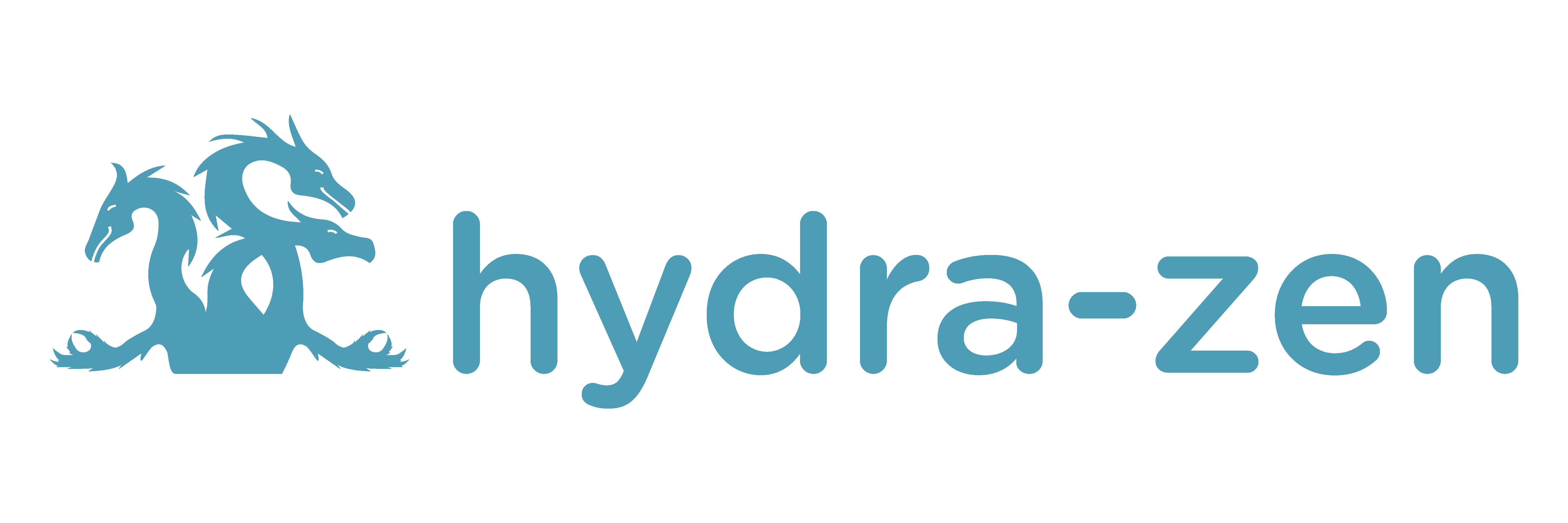The Answer
Simply use builds(<target>, zen_partial=True, [...]) or just(functools.partial(<target>, [...])) to create a partial config for <target>.
Partially Configure an Object#
It is often the case that our configuration of a target-object ought to only partially describe its input parameters; while some of the target’s parameters can be specified via our app’s interface, other parameters may need to be specified only after our app has launched.
In this How-To we will write a config that only partially configures a target object. We will
Define toy examples of a class and a function, respectively.
Use
builds(<target>, zen_partial=True)andjust(functools.partial(<target>))to create their partial configurations.Check that
instantiate()only partially-instantiates the targets of these two configs.Examine the YAML-config for one of these partial configs.
Let’s define toy examples of a class and a function; we’ll create partial configs for both of these.
Suppose that the model_weights parameter in Optimizer, and the message parameter in logger() ought not be configured by our app’s interface.
builds() provides the zen_partial feature, which makes it trivial
to partially-configure a target. We can also apply just() to a instance of functools.partial Let’s create configs for our toy class and
toy function.
from functools import partial
from hydra_zen import builds, instantiate, just
OptimConf = builds(Optimizer, learning_rate=0.1, zen_partial=True)
partial_logger = partial(logger, format_spec='{0:>8s}')
LogConf = just(partial_logger)
Instantiating these configs will apply functools.partial() to the config’s target.
>>> partiald_optim = instantiate(OptimConf)
>>> partiald_optim
functools.partial(<class '__main__.Optimizer'>, learning_rate=0.1)
>>> partiald_optim(model_weights=[1, 2, 3])
<__main__.Optimizer at 0x189991fbb50>
>>> partiald_logger = instantiate(LogConf)
>>> partiald_logger
functools.partial(<function logger at 0x0000018998D1E040>, format_spec='{0:>8s}')
>>> partiald_logger("hello")
' hello'
>>> partiald_logger("goodbye")
' goodbye'
Lastly, let’s inspect the YAML-serialized config for OptimConf and LongConf.
